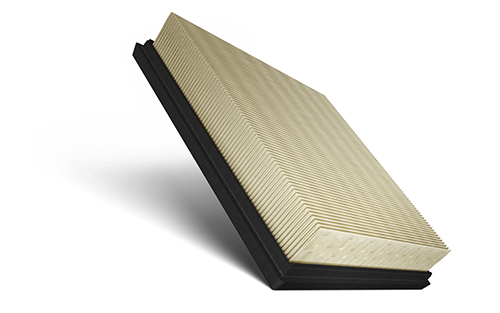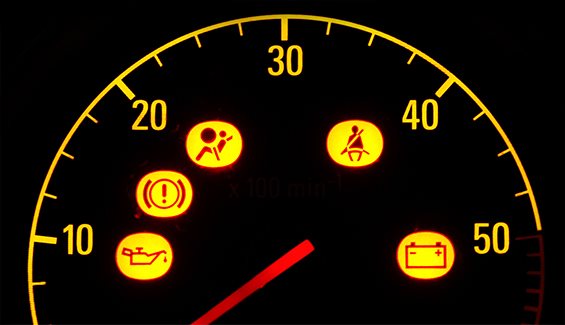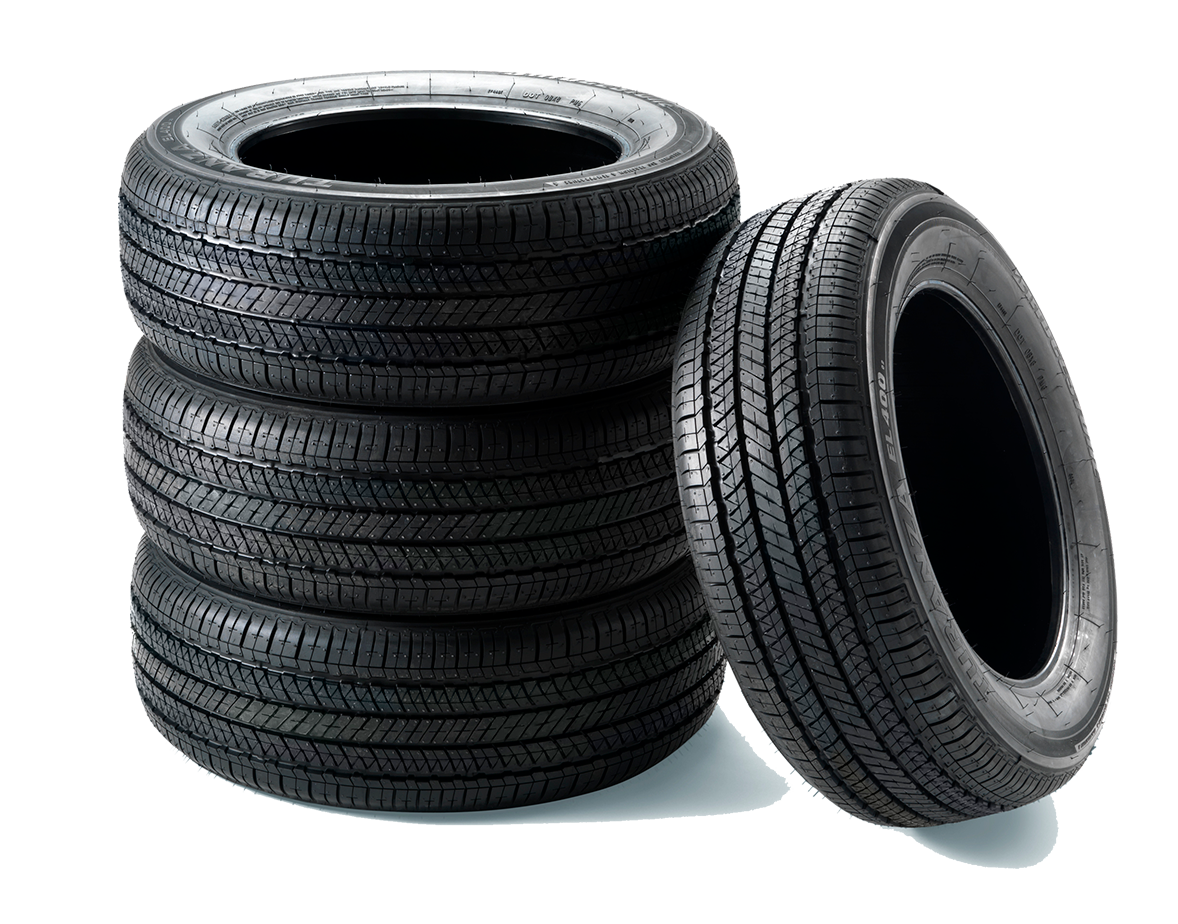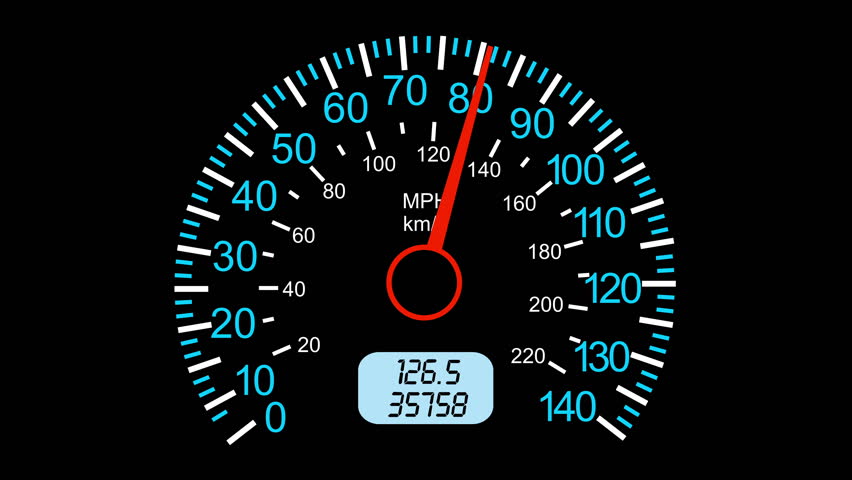GO-GREEN Driving Tips
Tips To Green-Up Your Driving
With the reality of climate change affecting our world, we all need to do our part to reduce carbon emissions. Here is some information on decisions you can make about your vehicle which can have a positive effect. By carefully maintaining your car, and by changing your driving habits, you can improve the efficiency of your vehicle.

Air Filter
Change your air filter. Replacing a clogged air filter can improve a vehicle's gas mileage by up to 10 percent, according to the Environmental Protection Agency (EPA).
Engine Performance
Have your engine tuned and spark plugs replaced according to the manufacturer's recommended schedule. A single misfiring spark plug can cut fuel economy by up to 4%, according to the Environmental Protection Agency (EPA).
Brakes
Improperly maintained brakes can result in unwanted drag. This unnecessary resistance can have the same effect as driving with your foot on the brake pedal: a dramatic drop in fuel economy.
Motor Oil
Top off and change oil as necessary with manufacturer-recommended grade,"energy conserving" motor oils. Doing so can improve fuel economy by up to 2 percent, according to the EPA. Replacing conventional oils with synthetics may offer even greater fuel economy benefits.
Don't Ignore Warning Lights
For "Service Engine Soon" or "Check Engine." Ignoring these indicators may result in poor fuel economy performance. For example, a warning light may indicate a faulty oxygen sensor is sending more fuel to the engine than necessary, which can result in a 40% drop in fuel economy. A warning light could also indicate a faulty thermostat, which can prevent a cold engine from reaching its normal operating temperature, resulting in the unnecessary injection of fuel.


Tire Wear
Replacing worn tires with a manufacturer-recommended size and style can save hundreds of dollars a year. And consider low rolling-resistance replacement tires (the tires are harder than regular tires so they encounter less friction with the road).
Properly Inflate Tires
Just like a ball rolls better when inflated, your tires will perform better and increase your fuel efficiency with proper inflation. Keeping tires inflated to at least the manufacturer-recommended pressure can improve fuel economy by up to 3 percent, according to the EPA.
Keep It Light
For every extra 100 pounds in your car, you can lose about 2% in fuel economy.Clean out the unnecessary things you are hauling around in your trunk. And remove roof racks, tow-hook carriers, and other items from your vehicle that cause wind resistance and add weight.
Take It Easy
Avoid quick starts and aggressive driving. Steady speeds save gas and reduce wear and tear on the engine, tires, transmission and brakes. Accelerating slowly helps your car more efficiently overcome the inertia of standing still.
Slow Down
The EPA says that most cars run efficiently at 60 MPH on the highway. For every 5 MPH increase over 60, efficiency decreases by 6%.

Avoid Unnessary Idling
In addition to contributing to engine wear & tear and air pollution, consider that when your vehicle is idling, you are getting 0 miles per gallon.
Don't Warm Up Your Car
Many modern cars do not need much time to warm up (if at all). It probably is a good idea on really freezing mornings to let the car get warm for a minute, but longer than that is probably unnecessary.
Get Some Fresh Air
Air Conditioning directly and significantly lowers gas mileage. Open your windows and let some fresh air in.
Tips To Green-Up Your Driving
With the reality of climate change affecting our world, we all need to do our part to reduce carbon emissions. Here is some information on decisions you can make about your vehicle which can have a positive effect. By carefully maintaining your car, and by changing your driving habits, you can improve the efficiency of your vehicle.
